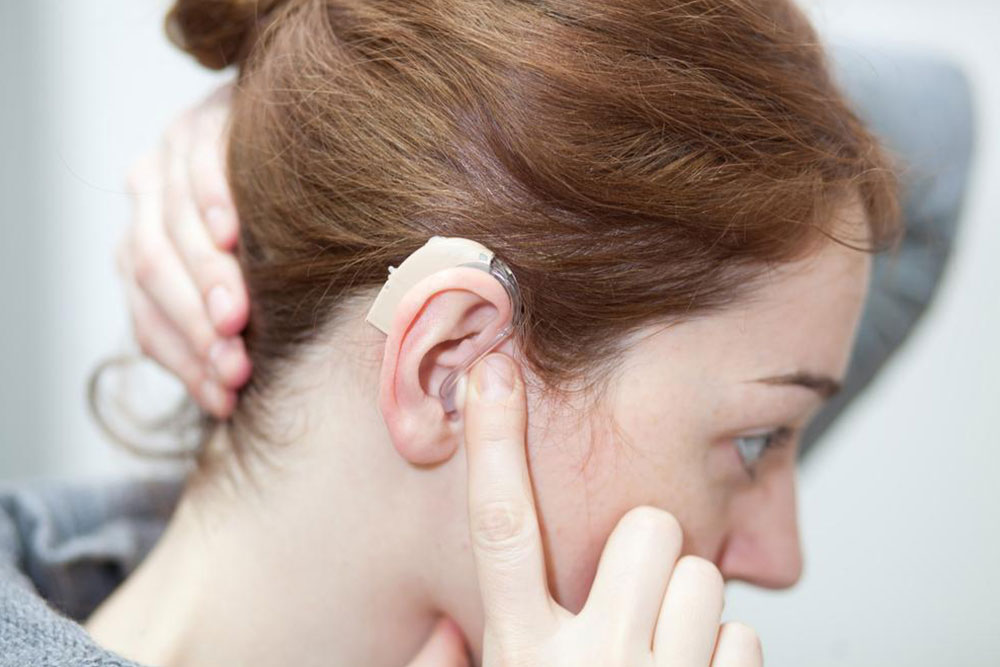Are you at a risk of deafness? Here’s how you can find out!
Even if you were born with perfect hearing, it is possible that one day, you may lose your ability to participate in conversations or hear the sounds around you. Hearing loss is a fairly common condition that unfortunately cannot be reversed. However, your hearing can be improved with the help of hearing aids that amplify sound.
While deafness can affect almost anyone, some of the conditions that could increase your risk of losing your ability to hear include:
- Age – With age, the inner ear structures may begin to deteriorate and cause hearing problems
- Exposure to loud sounds – Over time, prolonged exposure to loud noises between 80 and 110 decibels can damage the cells of the inner ear.

In order to be prescribed with a hearing aid, your condition must first be diagnosed and hence, it is important to recognize the signs and symptoms of this condition.
- Hearing muffled sounds
- Difficulty in separating background noise from a conversation
- Difficulty in understanding words in a conversation
- Trouble in deciphering consonants
- Needing to ask people to talk louder or more slowly in a normal environment
- Having to increase the volume of your television set
- Inability to hold a conversation
If left untreated, hearing loss may stagnate or worsen. However, its effects are not restricted to the ear alone. When a person is unable to hold a conversation and has to frequently ask people to repeat themselves, he or she might withdraw from society. He is also likely to be misunderstood by others. This can lead to psychological conditions like depression and high stress levels. Deafness is frustrating not only for the patient but for his family and friends as well.
There are many different types of hearing aids available today to help a person hear clearly. Apart from this, other ways of treating deafness include surgery and cochlear implants. This is usually prescribed in cases where the ears are blocked or when there is damage to the inner ear.

